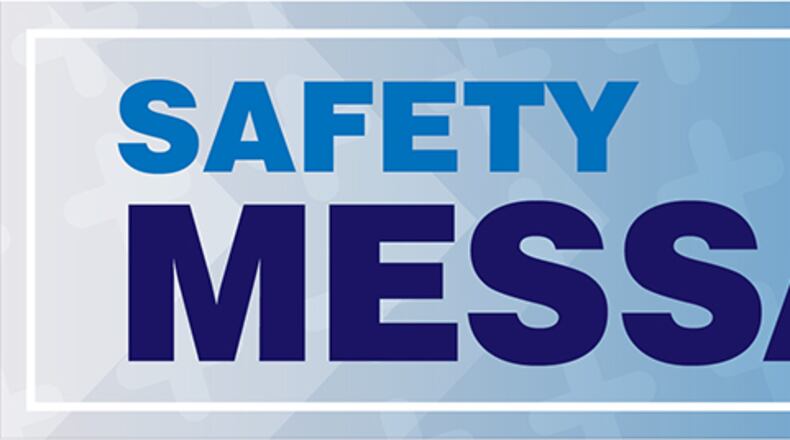The bottom line is that home-electrical safety is too important to ignore. Therefore, pay close attention to the following prevention tips:
What causes electrical fires in homes?
Faulty or damaged wiring and related electrical equipment causes 69 percent of electrical fires, followed by lamps, light fixtures, cords, plugs, transformers and other power supplies, according to the National Fire Protection Association.
Always make sure to consult with a safety professional to assist with assessing your home for potential fire hazards.
Safe electrical safety tips
· Use correct wattage in all your fixtures and appliances. Incorrect wattage can damage appliances and potentially overload a circuit. Keep in mind that most home-electrical outlets are rated for 15 amps.
· Never overload an electrical socket with too many plugs. This can cause a big problem. Since most home-electrical outlets are rated at 15 amps, plugging in multiple devices and appliances can overload the circuit and cause a fire.
· Replace damaged electrical cords to keep your home safe. Damaged or frayed cords can expose you to electricity and cause an electrical short.
· Keep your used and unused cords tidy and secure to prevent damage. Proper cord management can prevent damage and fraying.
· Unplug all your unused appliances (toaster ovens, blenders, can openers) to reduce potential hazards.
· Keep electrical devices and outlets away from water to prevent shock. Typically, the only outlets that are ground-fault current interrupter-protected are in the bathroom, kitchen and outdoor areas.
· Allow for adequate spacing between appliances to air to circulate to avoid overheating. Proper airflow helps prevent overheating.
· Clean exhaust fans to prevent fire hazards. Dust buildup can cause static electricity and potentially lead to a fire.
· Always follow the manufacturer recommendations listed in appliance manuals. Do not deviate from the manufacturer’s instructions.
These simple home-electrical safety measures and tips can help safeguard your home.
About the Author
